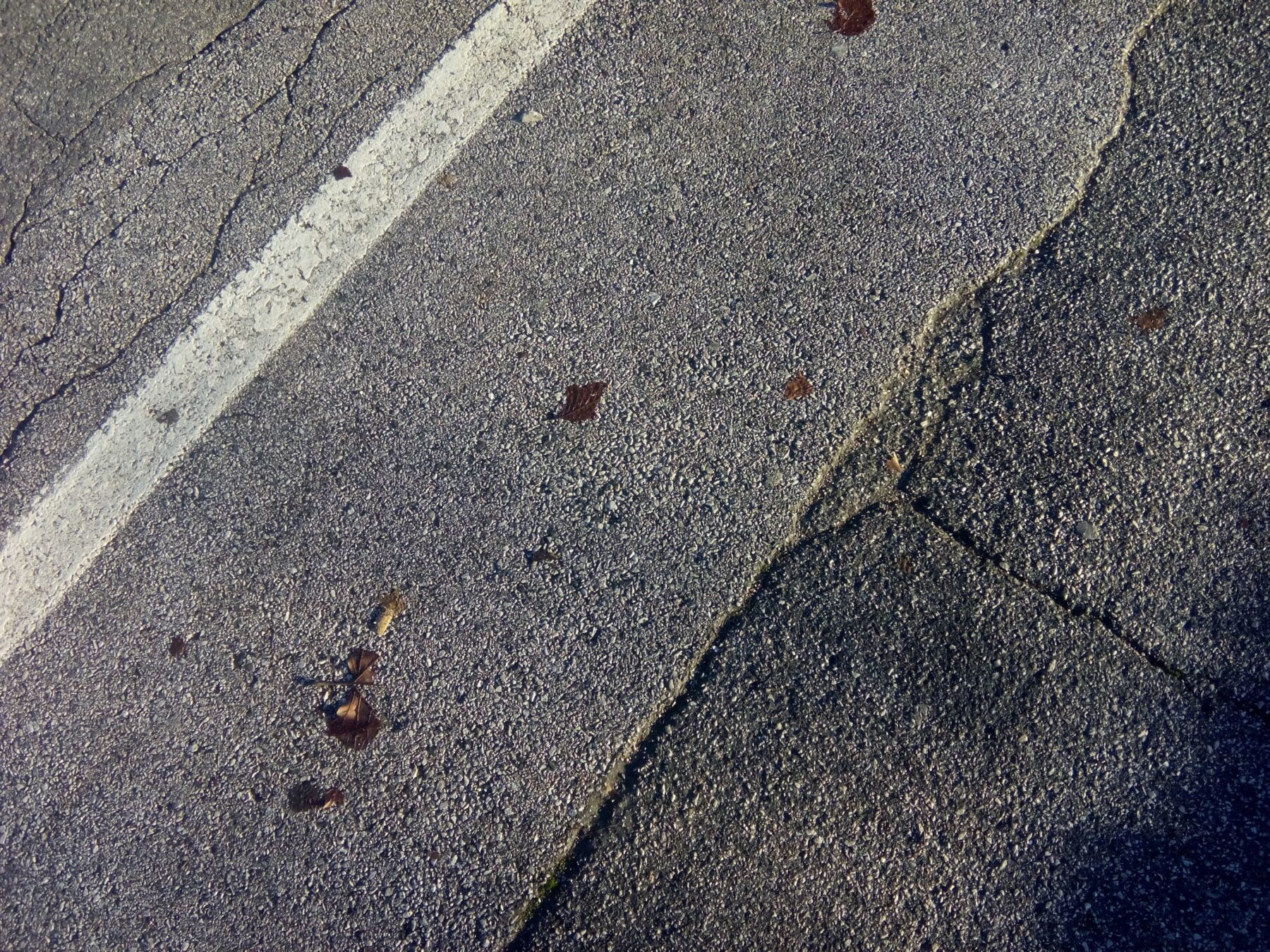Asphalt Driveway Repair: A Homeowner’s Complete Guide
Maintaining the usefulness and curb appeal of an asphalt driveway requires a focus on preservation. Environmental impact and use over time cause common issues that include surface erosion, potholes, and cracks. Promptly addressing these issues extends the lifetime of the driveway and helps to avoid expensive repairs.
January 15, 2025
Recognizing Common Types of Damage
Asphalt driveways are subject to a lot of different kinds of damage. The most common type of damage that driveways face are cracks. These cracks can take several forms including fatigue cracks that indicate a weakened base, or transverse cracks brought on by temperature swings. Another common issue is potholes, which result from water seeping into cracks and eroding the layers of the pavement, aggravating problems that become worse with neglect. Typically driven by weathering, surface erosion leads to uneven surfaces and quickens the breakdown.
Causes Behind Asphalt Driveway Damage
Often, the damage can be seen in environmental elements such as temperature variations, UV radiation, and water intrusion. Additionally, heavy vehicle traffic and inadequate drainage contribute to a great deal of damage with erosion and deterioration of the pavement caused by pooling. Sometimes poor installation techniques, including inadequate compaction, aggravate the damage and stress the need for proper construction.
Repairing Asphalt Driveways: DIY or Professional Solutions
For minor cracks, homeowners should carefully clean the area before filling in the void. Obviously, sustainable results depend on the correct application and adherence to curing times. Potholes need more thorough repairs which comprise of cleaning, filling with cold-patch asphalt, and proper compacting in order to provide a smooth finish. Applied every few years, sealcoating shields the driveway from UV light, water damage, and chemicals, therefore extending its life.
Professional assistance is advised for extreme damage. Full-depth patching and other techniques offer a long-lasting solution by addressing fundamental problems including basic flaws. Professionals also have access to high-quality materials and specialized tools, which may be essential for delicate repairs.
Essential Tools and Materials
Efficient repairs need specific tools. These include brushes, tampers, and squeegees for application, cold-patch asphalt, sealants, and crack fillers. Ideal for high-traffic areas, high-performance materials consist of custom mixes and acrylic sealants provide increased durability.
Preventive Maintenance to Extend Lifespan
Regular maintenance minimizes damage probability. At least twice a year, regular examinations help detect early wear-related symptoms. While repairing cracks rapidly stops their spread, cleaning waste build-up from the driveway helps to prevent water gathering and erosion. Every 1 to 2 years, sealcoating keeps the surface aesthetically pleasing and guards against environmental stresses.
Knowing When to Call a Professional
Not all repairs are achievable by even the most capable DIYers. Structural deterioration, frequent problems, or extreme cracking require expert attention. Professionals are qualified to identify underlying issues and apply cutting-edge technologies. Consequently, it’s not always possible to offer a complete solution without involving a professional.
Environmental Considerations and Sustainable Alternatives
Although asphalt driveways are durable, their emissions from manufacture and installation have obvious downsides. Which is why sustainable techniques will help homeowners lessen their environmental impact. For instance, while recycled asphalt materials cut waste and energy use, permeable pavements help to control rainwater more effectively.
Timeliness of repairs and proactive maintenance turn an asphalt driveway into a long-lasting asset. Understanding the kinds of damage, suitable repair techniques, and the need for preventative care will help all to enjoy a strong and beautiful driveway for years to come.

